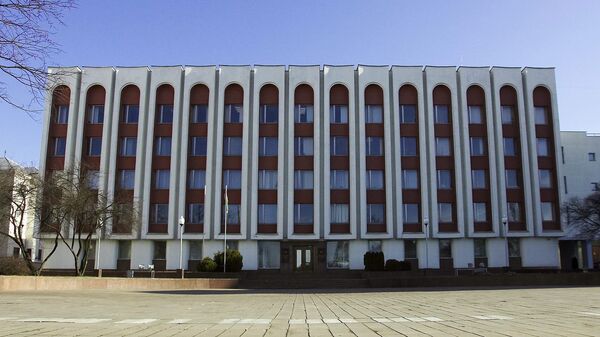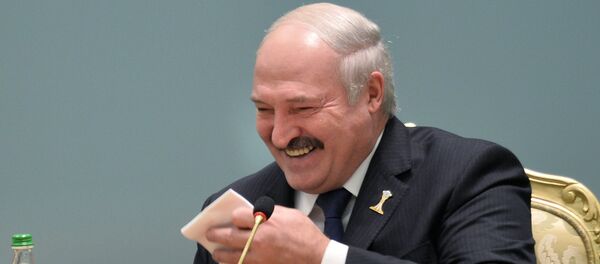"We welcome today’s decision of the EU Foreign Affairs Council on lifting the majority of restrictive measures against Belarus and intensification of cooperation with our country. This decision marks an important phase on the way towards full normalization of relations and opens new possibilities for broadening comprehensive interaction between Belarus and the EU," Dmitry Mironchik said in a statement.
According to him, the decision goes in line with the interests of Belarus, the European Union and the whole European region in general.
"Belarus is open to continuation of a constructive dialogue with the European Union and its Member States on all issues of mutual interest," Mironchik added.
The sanctions against Belarus were gradually imposed from 2002 to 2010. The most serious package of restrictions was adopted in 2010 after the presidential elections in Belarus and the authorities’ crackdown on a mass protest that followed. They included visa bans and financial restrictions on some 200 Belorussian individuals, including President Alexandr Lukashenko, and several entities.
The West has accused the Belorussian authorities of persecuting the political opposition and violating citizens’ basic rights and freedoms, in particular, freedom of expression. Lukashenko has insisted that the accusations were groundless.


